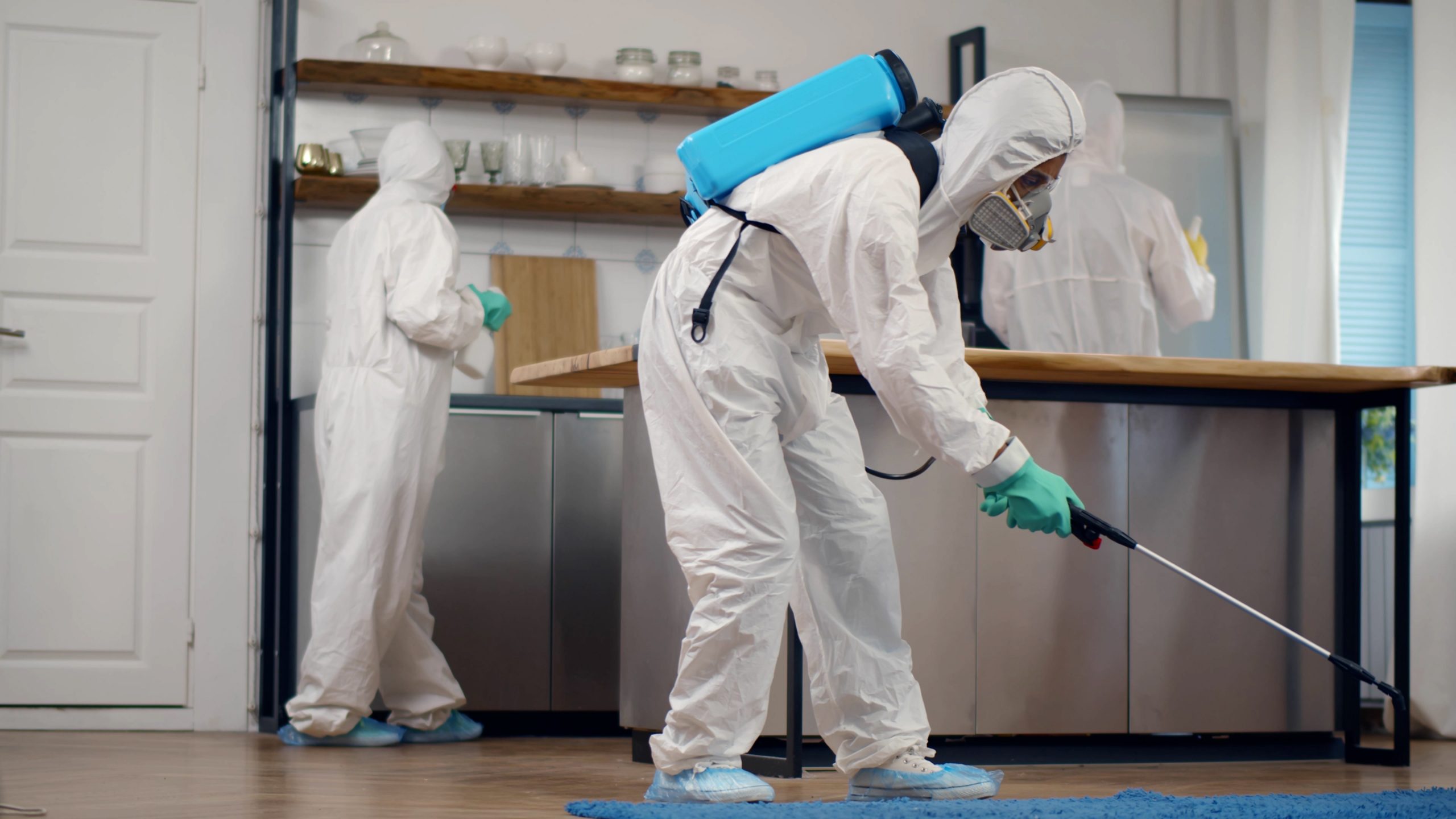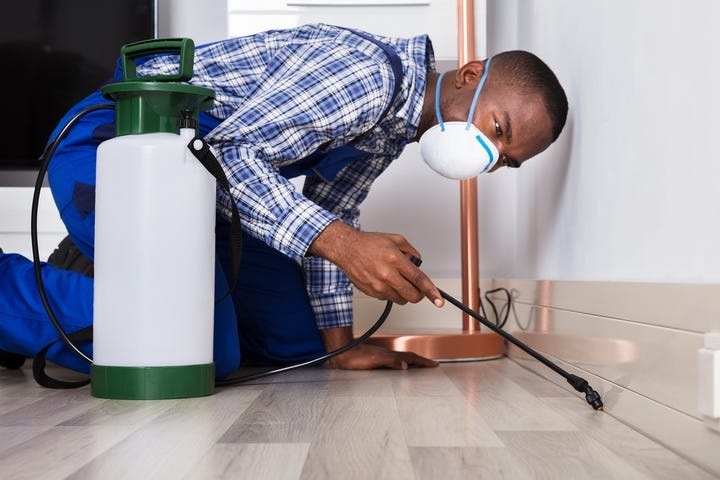Expert Pest Control Techniques for Long-Term Results
Specialist parasite control strategies envelop an extensive strategy that begins with a thorough inspection and analysis, adhered to by exact insect recognition to recognize their habits patterns. The execution of Integrated Bug Management (IPM) principles, combined with eco-conscious treatments, forms the keystone of lasting pest elimination.
Assessment and Assessment
Upon entering a residential or commercial property for pest control solutions, the first step is a complete inspection and evaluation to recognize the degree of the infestation and determine the most efficient treatment plan. Professional pest control specialists are educated to meticulously examine the properties, seeking signs of insect task such as droppings, gnaw marks, nests, or any kind of structural damage. They will also examine the problems that might be drawing in bugs, such as food sources, water leakages, or access points.

Parasite Recognition and Actions

Additionally, recognizing the behavior of the identified insect is key to applying reliable control actions. Understanding where parasites nest, what they feed on, and their activity patterns can aid pest control experts devise methods to eradicate them effectively.
Integrated Pest Monitoring (IPM)
Integrated Pest Management (IPM) strategies integrate several methods to control and prevent pest infestations in a lasting and eco friendly manner. pest control. By incorporating approaches such as biological control, environment adjustment, modification of cultural practices, and making use of immune varieties, IPM aims to lessen the use of chemical pesticides
Among the key principles of IPM is the emphasis on avoidance. This aggressive strategy involves monitoring bug populations routinely to spot any type of potential issues prior to they escalate. By determining parasite issues early on, pest control measures can be applied quickly and successfully.
Moreover, IPM promotes the use of non-toxic insect control methods whenever feasible. This can consist of employing all-natural predators of the parasites, introducing valuable insects, or using pheromones to interfere with breeding patterns. By decreasing reliance on chemical pesticides, IPM not only secures the environment but likewise helps maintain a balance in the ecosystem.
Environmentally-Friendly Treatments
Implementing why not find out more eco-conscious methods in bug control treatments can effectively resolve infestations while click for more prioritizing ecological sustainability. Environmentally-friendly treatments focus on lessening the influence of pest control techniques on ecological communities, non-target microorganisms, and human health. These techniques commonly entail making use of natural predators, such as ladybugs or nematodes, to regulate pest populations, reducing the need for chemical interventions. Furthermore, strategies like habitat control, such as changing dampness degrees or removing food sources, can aid discourage insects without making use of damaging compounds.
An additional trick facet of environmentally-friendly treatments is the usage of organic and biodegradable items that damage down promptly without leaving unsafe residues in the atmosphere. Organic pesticides derived from plants like chrysanthemums or neem supply effective pest control while posturing minimal threat to non-target species. Additionally, using approaches like warm treatments or scent catches can target specific insects with precision, minimizing the overall ecological impact of bug control practices.
Ongoing Monitoring and Maintenance
Constant monitoring and upkeep are necessary components of effective bug control administration. Recurring surveillance plays an essential duty in ensuring that insect infestations are found early and taken care of quickly. Regular assessments by skilled specialists are required to determine any type of indicators of insect task, examine the performance of previous treatments, and make changes to the parasite control strategy as needed. By checking insect populaces in time, parasite control specialists can track trends, expect prospective issues, and implement this website safety nets to minimize the risk of future invasions.
Along with monitoring, upkeep techniques are vital for lasting insect control success. This consists of applying proper sanitation measures to remove possible food and water resources for insects, sealing off entrance indicate stop parasites from entering the properties, and attending to any architectural problems that could help with pest problems (bed bug exterminator). By incorporating ongoing monitoring and upkeep into an incorporated parasite management technique, companies can make certain a pest-free atmosphere and safeguard their residential or commercial property against costly damages and health threats
Final Thought
In final thought, using specialist bug control methods such as extensive examination and analysis, precise parasite recognition and understanding of their actions, integrated parasite administration techniques, environmentally-friendly therapies, and recurring tracking and maintenance are necessary for achieving long-term lead to pest control. By implementing these methods, people can properly handle insect infestations and maintain a pest-free environment in a lasting fashion.